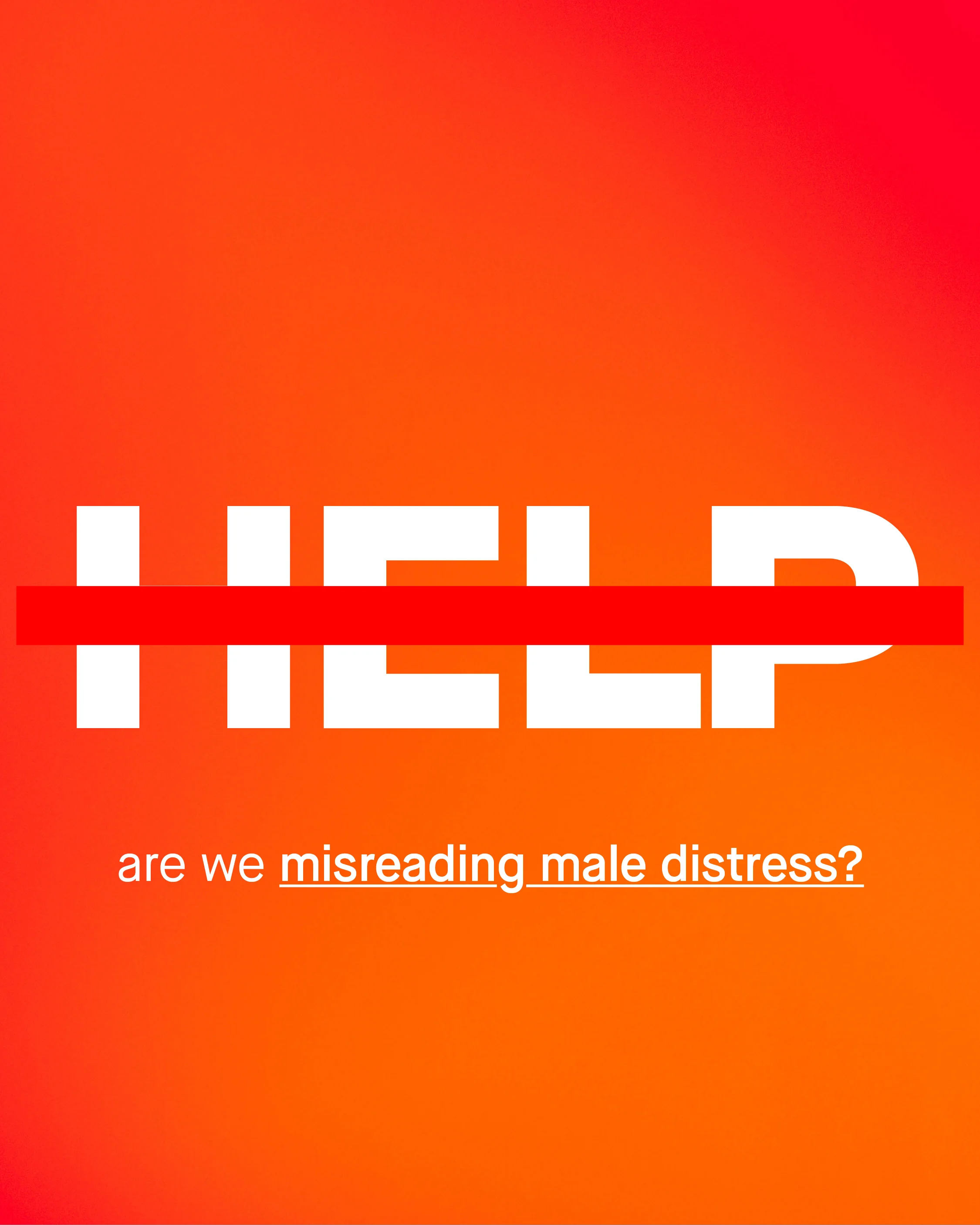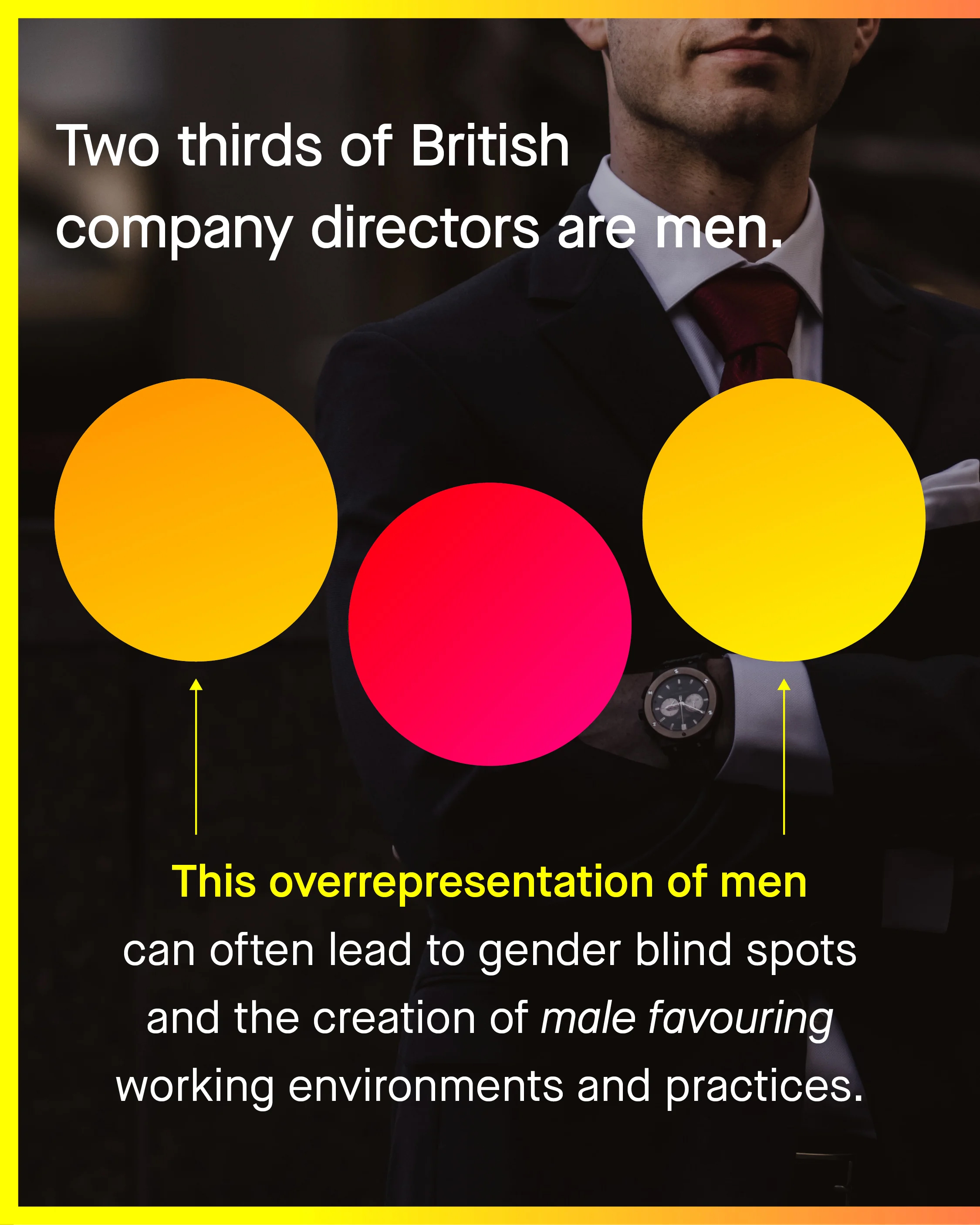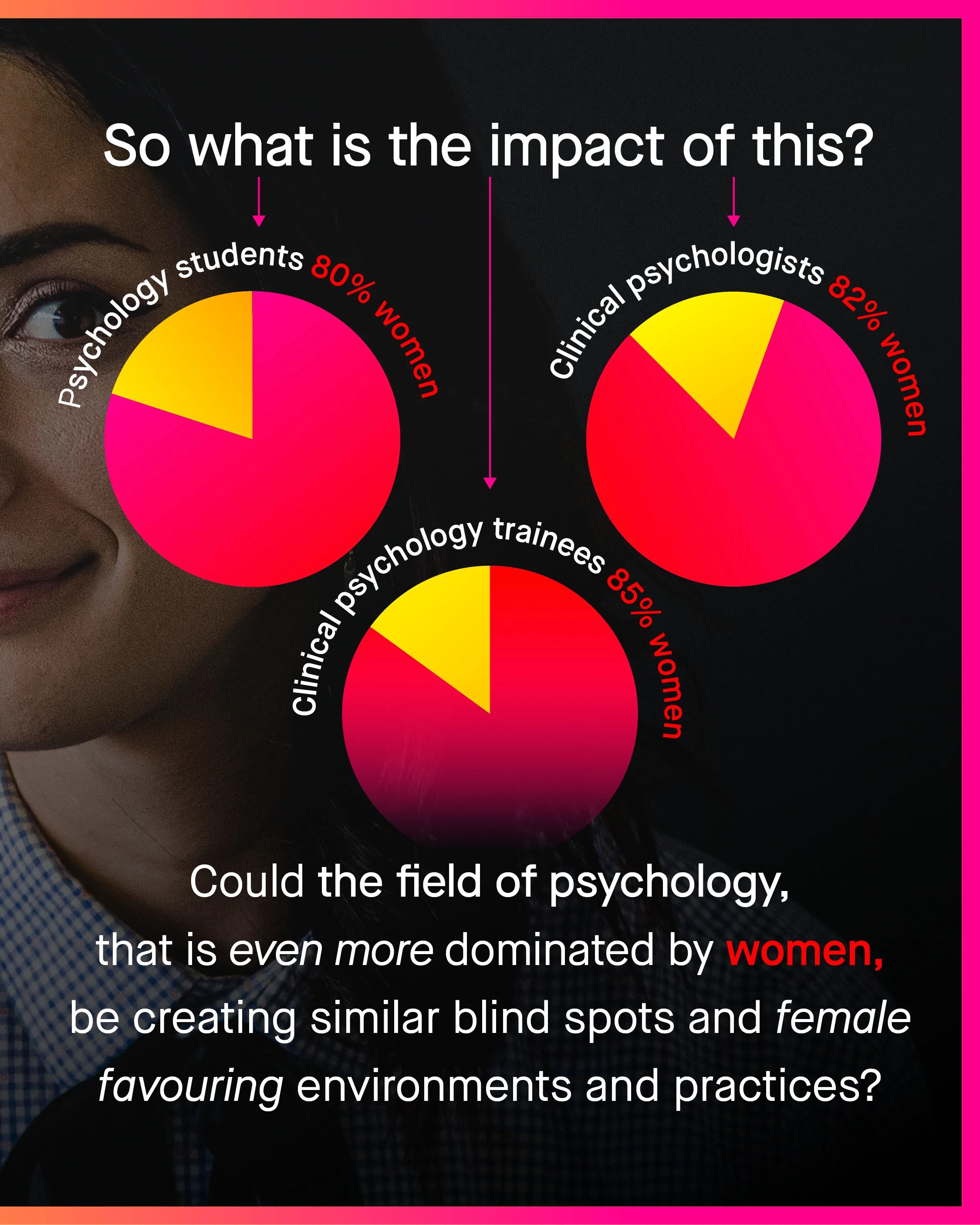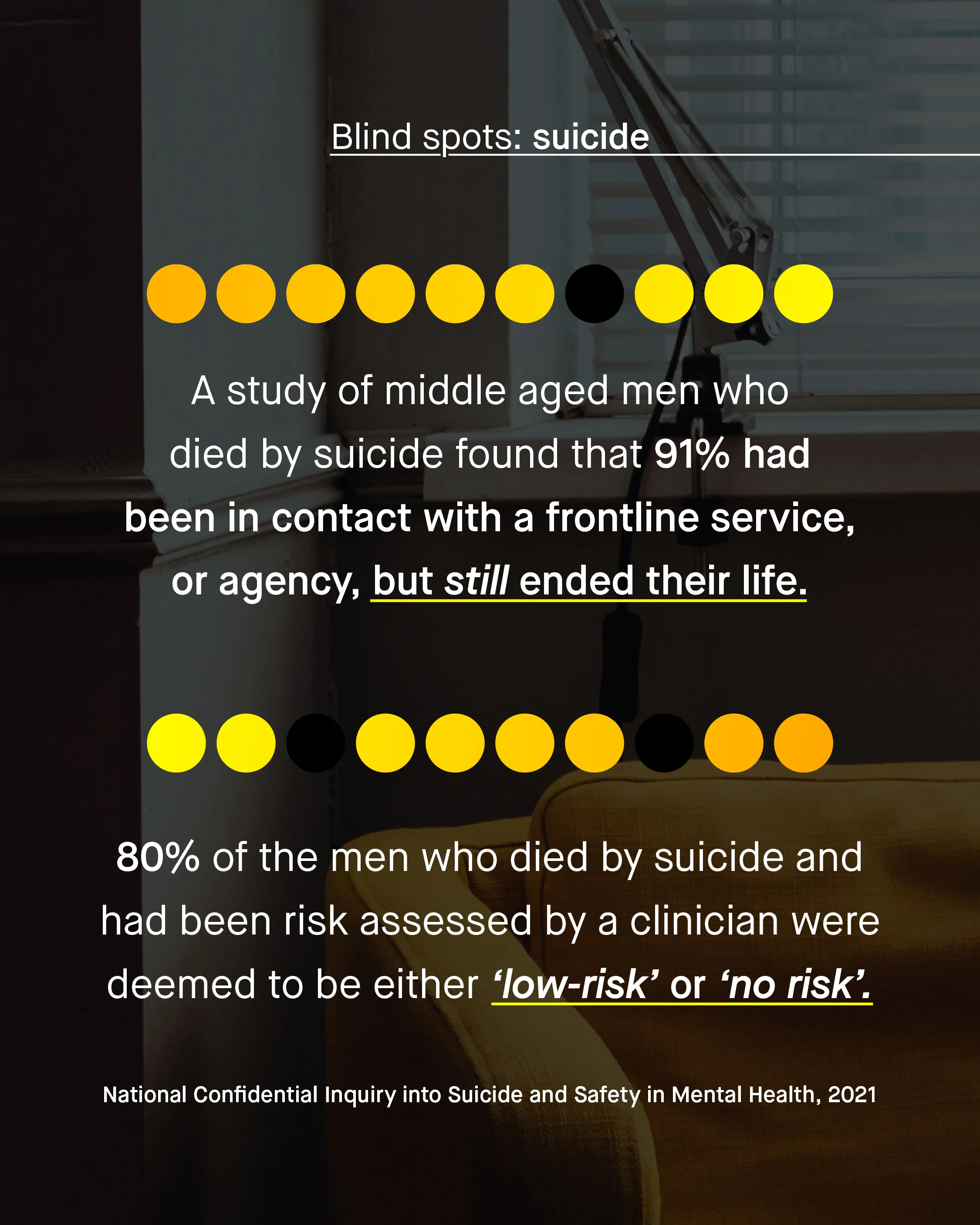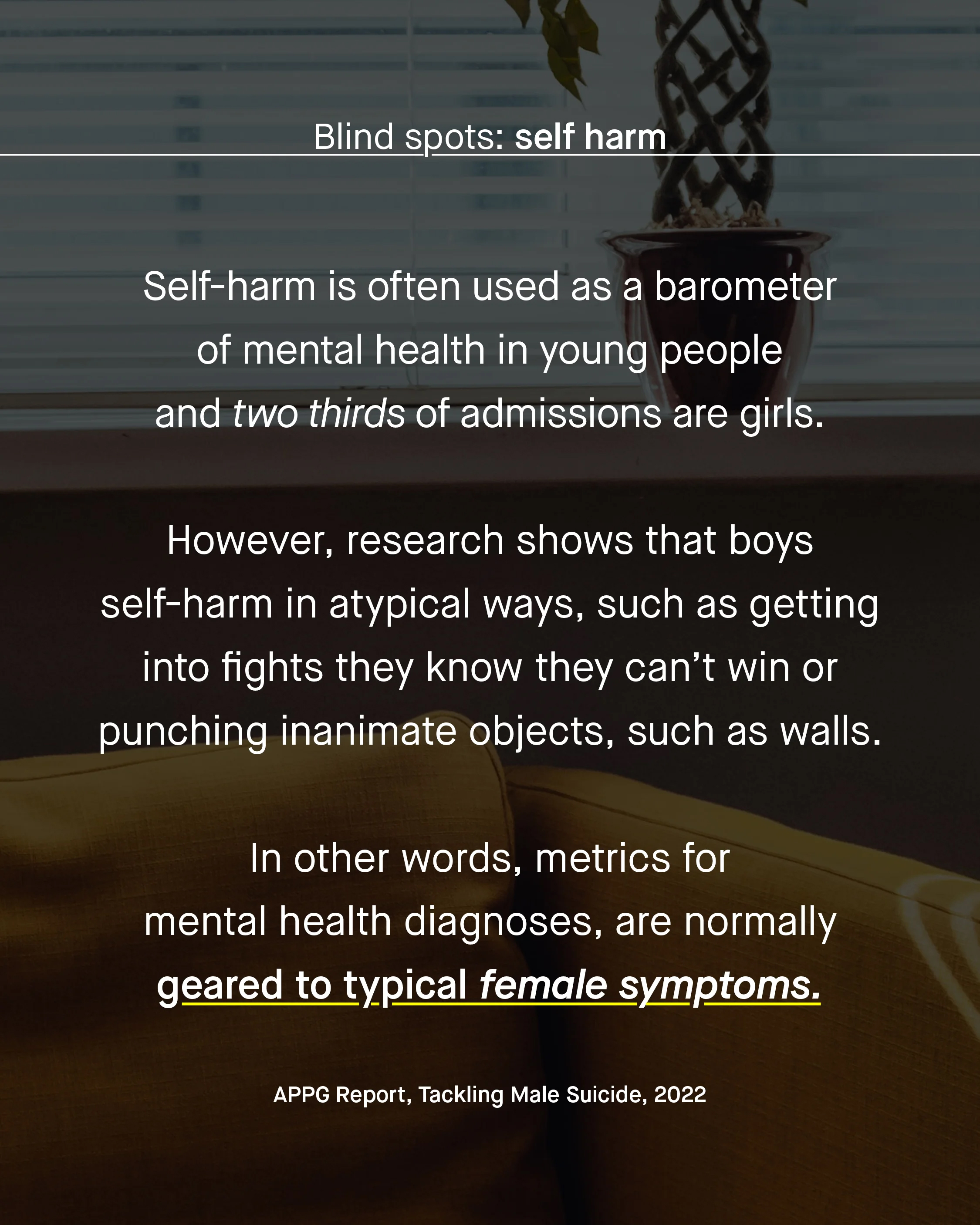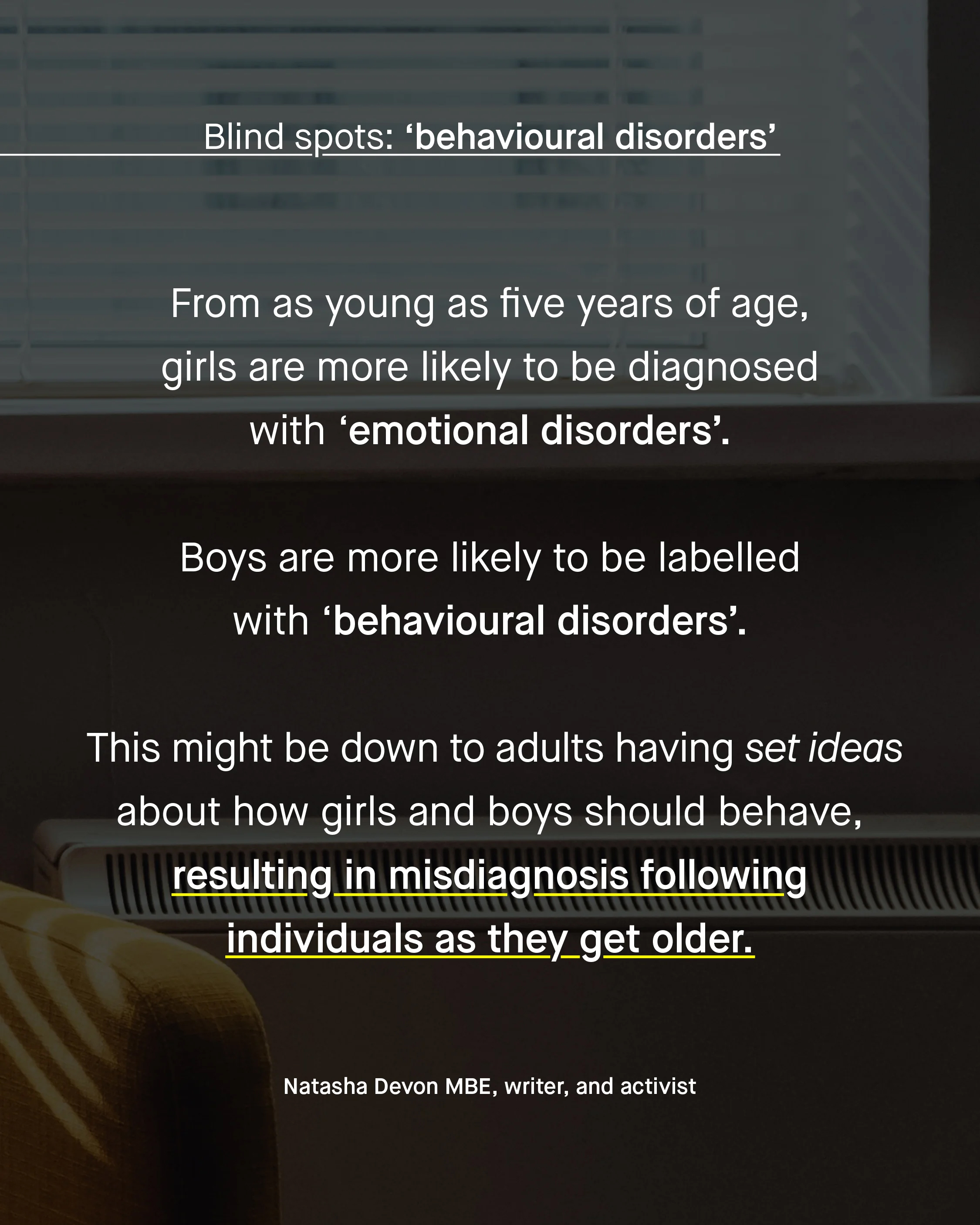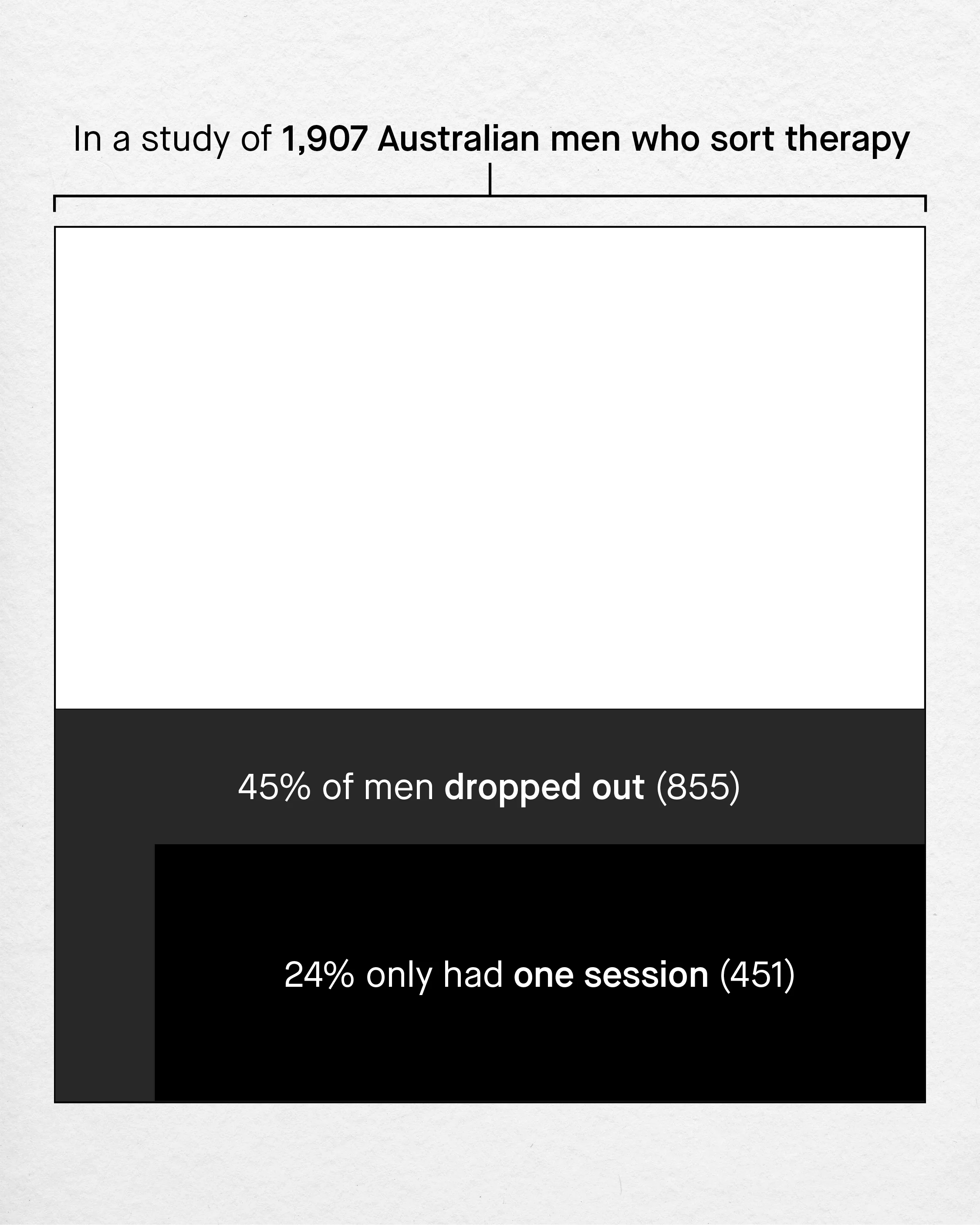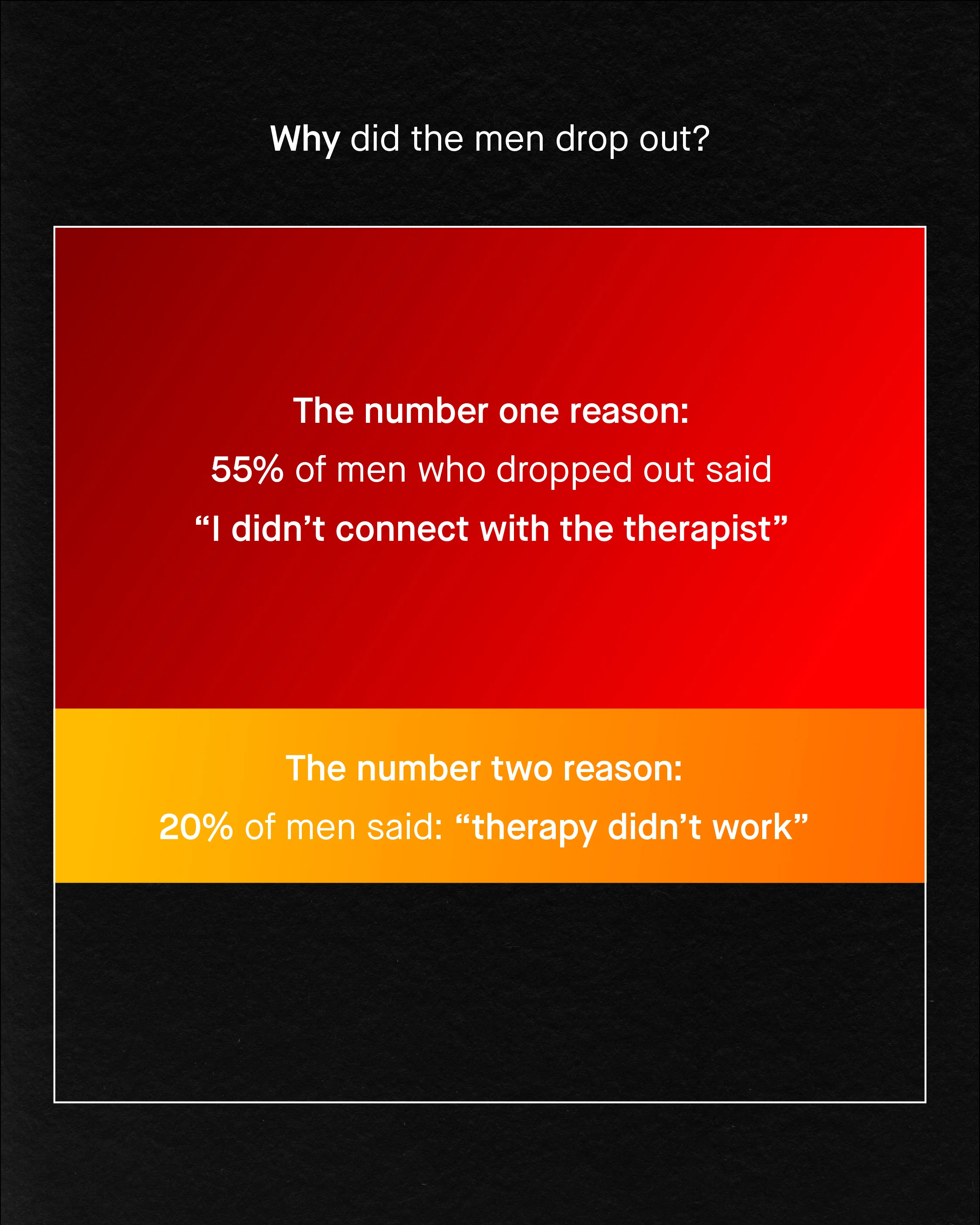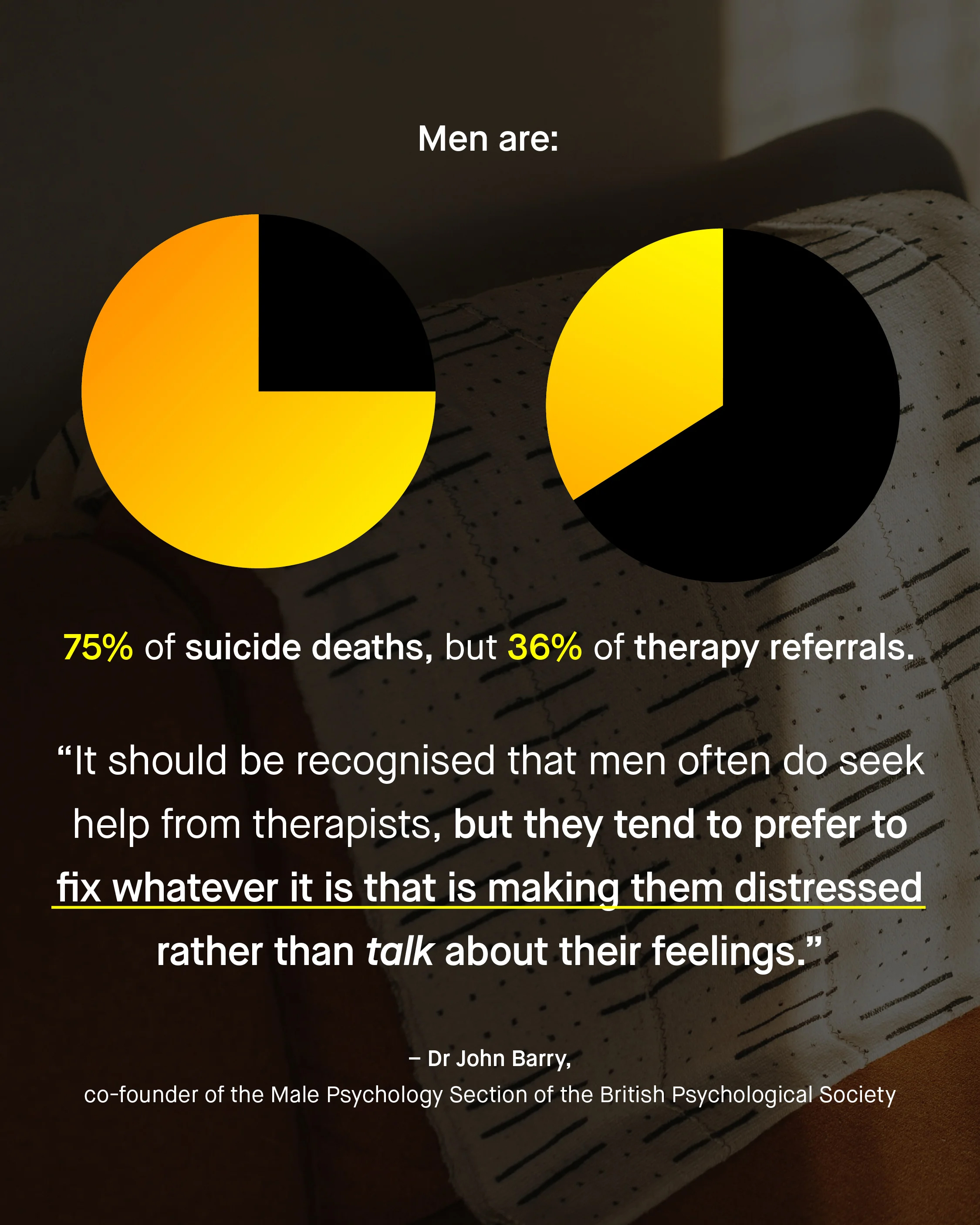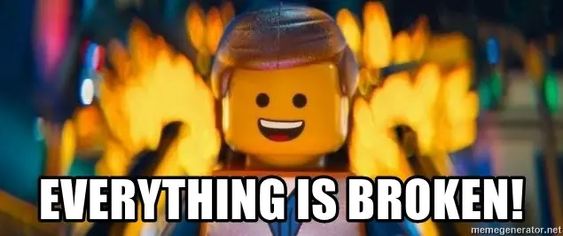Well, I think less attention is given to the psychological reality that men tend to form bonds differently than women on average. Men consistently report to have strong relation and connection to other men, women, and even animals that they endure some shared struggle and project with. Men also relate more to men they actively compete against rather than explicitly socializing. Emotional labor would likely prove less effective for men, because male social bonding is conditioned under different evolutionary pressures as rooted in intragender contest and cooperation. Male social motivation also is more geared towards status achievement and coalition development. Emotional labor can't be expected to be prescribed to men in the same way it is to men, because they don't share the same motivations behind developing social bonds. Also, men are not a conscientious as women, because maintaining things is a different reality than building, developing, creating, conquering, exploring, and fighting things men have done for most of human history up to the modern period. Talk Therapy alone isn't going to be hyper effective at inspiring transformation in the male psyche, because it doesn't leverage masculine drives. Society deems masculine virtue as entirely a social construct, toxic, and obsolete. Most therapist are female because psychology is perceived as care field which selects for more agreeable people, so women tend to outnumber men tending to be higher in trait agreeability. Are nurses disproportionately female, because inserting needles get coded as feminine?
